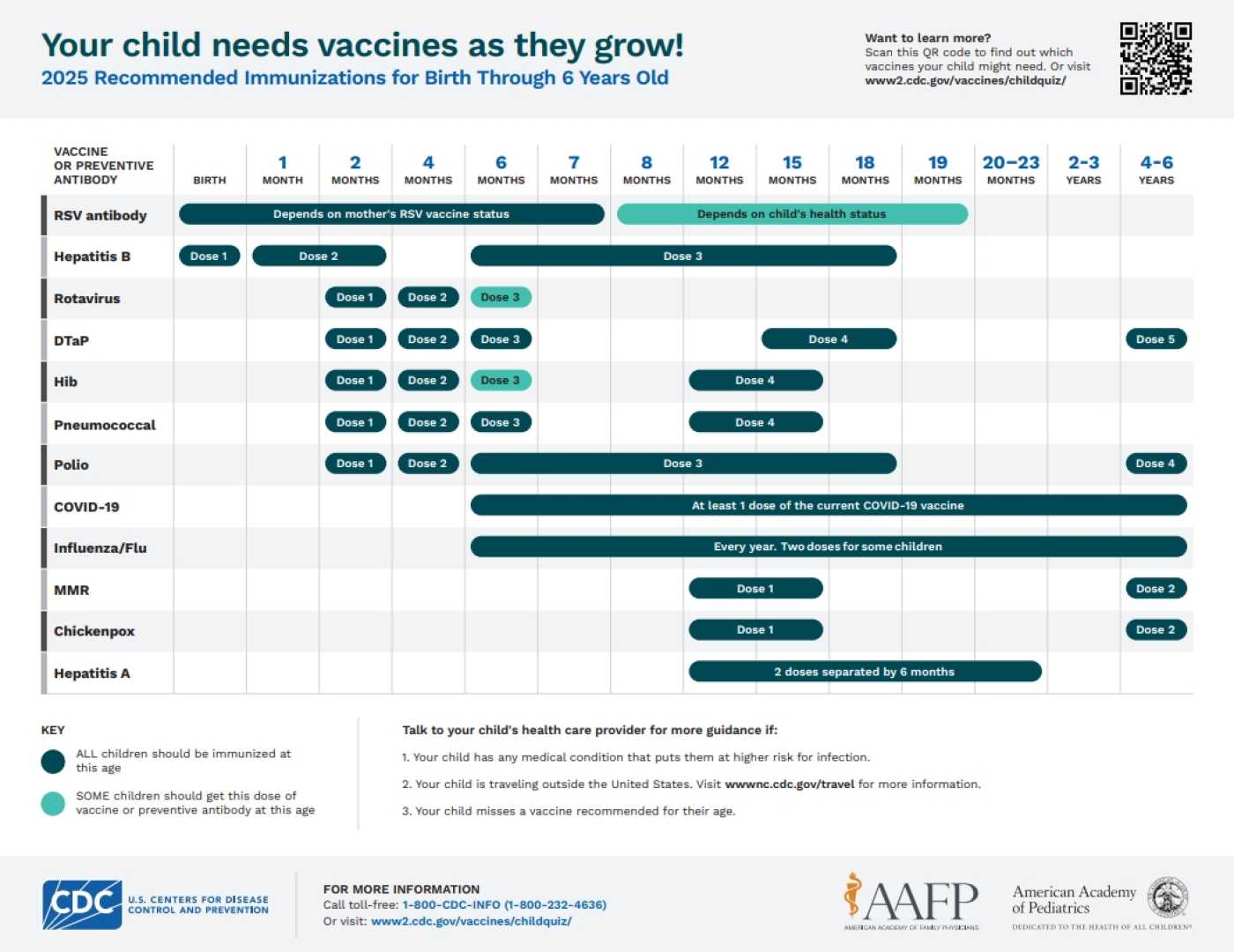Health
Health Insurers Silence on Vaccination Coverage Amid ACIP Schedule Review

WASHINGTON, D.C. — Major health insurers are remaining tight-lipped about their plans for covering childhood vaccinations as the Advisory Committee on Immunization Practices (ACIP) announces a review of its vaccination schedule. This announcement raises concerns among health experts about the future of immunizations for children across the country.
ACIP, which advises the Centers for Disease Control and Prevention (CDC) on vaccination guidelines, made its announcement on June 25. The plan to reconsider the vaccination schedule comes just weeks after U.S. Health Secretary Robert F. Kennedy Jr. replaced the committee’s membership.
Inquiries made to 21 leading health insurance groups revealed that only Blue Shield of California confirmed it would continue to provide coverage for childhood vaccinations, regardless of the ACIP’s decision. “As a payer, our role is to ensure ongoing coverage and access to preventive care, including immunizations,” said spokesperson Mark Seelig.
Other major insurers including UnitedHealthcare, Cigna, and Anthem did not respond to requests for comment. A spokesperson from CVS Health, which owns Aetna, emphasized their commitment to monitoring changes to vaccination guidelines, stating that vaccines have an essential role in preventing serious illnesses.
Phil Blando from CVS Health indicated, “We are monitoring any changes the federal government makes to vaccination guidance and will evaluate whether coverage adjustments are needed.” Meanwhile, Highmark Inc., which operates in several states, expressed they are keeping an eye on the ACIP’s evolving recommendations.
The upcoming review of the immunization schedule has sparked a debate about childhood vaccination practices, especially as ACIP’s committee was recently restructured. Newly appointed committee members include individuals who have questioned the safety of vaccines.
ACIP’s chair, Martin Kulldorff, indicated that the review would focus on the cumulative effects of vaccines and the interactions between them. The scrutiny of the vaccine schedule has prompted concern among public health officials and advocacy groups.
Notably, the American Academy of Pediatrics (AAP) did not attend the recent ACIP meeting, with President Susan Kressly stating that they could not support a committee perceived as politicized. The AAP emphasized the necessity of credible vaccine recommendations for children’s health.
As the debate unfolds, the future security of vaccination funding remains uncertain, potentially impacting the health of millions of children. Health organizations urge families to stay vigilant regarding vaccination schedules and coverage as changes are considered.
Ultimately, ACIP’s upcoming decisions about childhood vaccinations will likely ripple through the health insurance landscape, affecting coverage policies across the nation.












